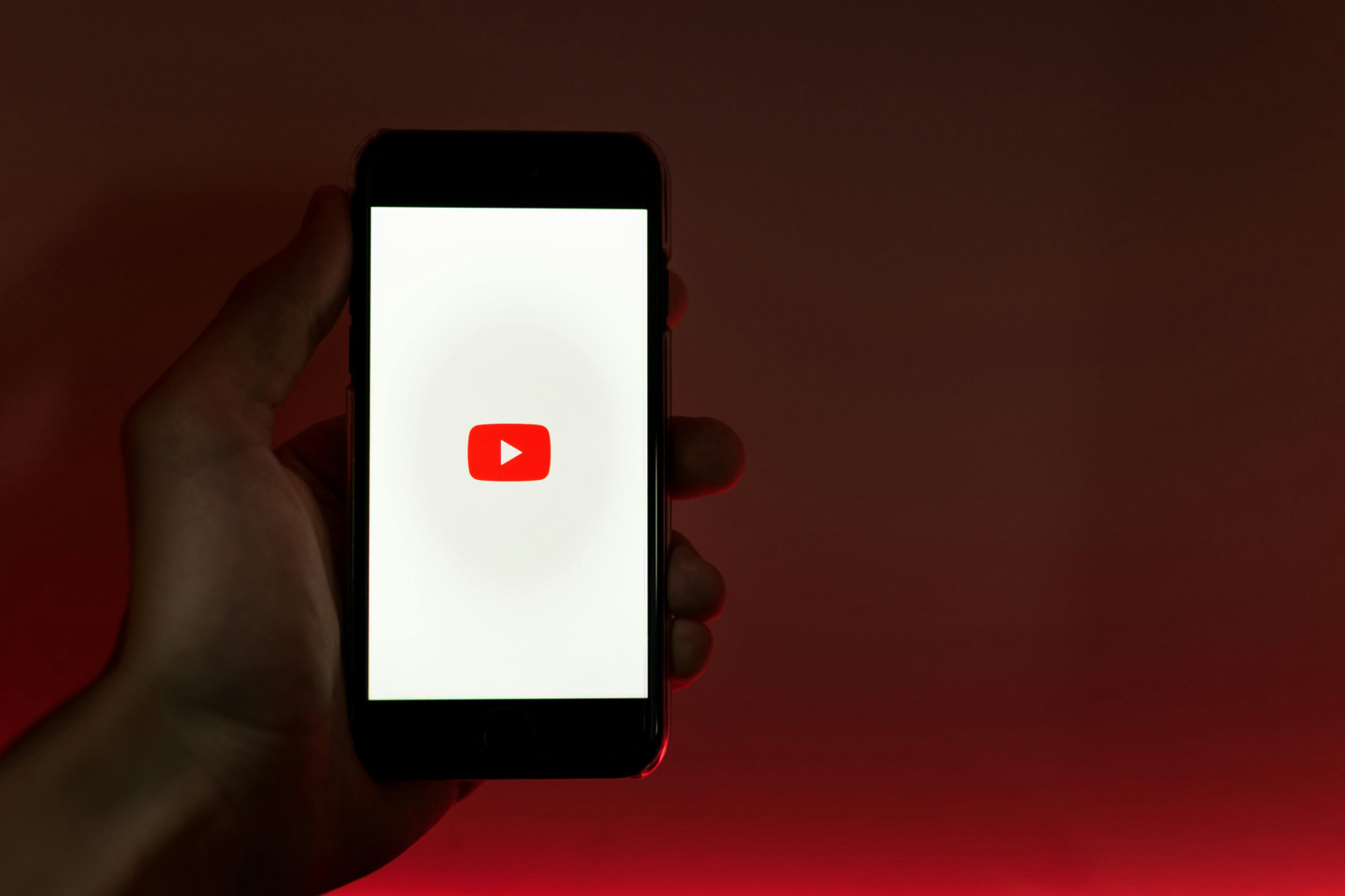Could YouTube be the music-first social platform the industry needs?

Photo: Szabó Viktor

In December, we mused on what could happen if artists collectively stepped off the content treadmill. With Universal Music Group (UMG) removing its catalogue from TikTok, that thought experiment came startlingly close to fruition. Suddenly, for better and for worse, hundreds of artists on the UMG roster are getting a break from the relentless demands of the platform. Users are finding that some of their favourite artists’ music is unavailable, cutting back the all-you-can-eat buffet of content with a little bit of (dare we say, needed) scarcity. It is a useful moment to consider another possibly idealistic thought experiment: what a music-first social platform could look like.
One foot out the door
Social media is only going to become more entwined with artist success. Time spent creating content is growing fast and an increasing number of artists now see social platforms, rather than streaming, as their first stop for releasing new music. With AI-enabled fan remixing tools on the horizon, the “value gap” between the music activity happening on social platforms, and the revenue that social platforms contribute to the music industry, is growing. While culture and fandom proliferate on social, lean-back streaming platforms provide merely the consumption pipes, resulting in a long-term forking of the industry between “listen” and “play”.
But realistically, there will always be a ceiling to how much social platforms will lean into music. Regardless of how much they aspire to be partners to the music industry, social platforms want music to be a successful means of user acquisition — but never so critical to the platform that leverage tips too far to record labels and publishers in licensing negotiations. Moreover, while platforms like TikTok get listeners more engaged with music, and have been crucial for discovery, the focus is on songs and not artists. In the current landscape, music will always be an enabler for social media — not the other way around. Social platforms will not go to bat for music and, as social becomes ever more critical to the music industry, this is becoming a problem.
Featured Report
The future of (US) TikTok Implications for the social marketplace
TikTok has played a significant role in digital culture over the last five years, driven largely by pandemic-era adoption and knock-on effects. From marketing strategies to viral trends, it has become inextricable from Gen Z culture. Yet it now faces risk of disruption in the US and possibly beyond as a result.
Find out more…Putting artists first
Ideally, the music industry needs a social platform that is willing to admit music is core to its functionality, pay rightsholders accordingly, and lean fully into serving artists and fans. There have been many experiments in this realm, past and present, from Apple’s Ping to newer start-ups like Vocana. Making it work is about timing (Ping, for example, was too early), but also understanding user needs. This platform could not be strictly music — in today’s overlapping world of entertainment, consumers would need to be able to express other interests as well. However, instead of being background material, music would be positioned as the key driver on this platform and fans would have ways to participate. Most importantly, it would drive artist engagement, not just song engagement. Think direct artist subscriptions, fan music remixing tools, and Reddit-esque forums for discussing music news.
Enter YouTube
Record labels and publishers could build their own social platforms, Weverse-style. However, they would have to wade into content moderation and face mounting pressure from regulators over user privacy, not to mention leaving licensing revenue on the table. A major label-owned social platform would also cut out independent artists. It would make more sense for a user-generated content platform like SoundCloud, or perhaps more likely, YouTube, to become the artist-first social platform we need.
YouTube is the world’s biggest global music platform and is neck-and-neck with TikTok as the main place where Gen Z discovers new music. The company is coming for ByteDance’s lunch, with an interconnected network of YouTube, Shorts, and YouTube Music, which is also the number-one music streaming service in several emerging markets. It has also been experimenting with AI-enabled fan remixing tools, from DreamTrack to its new music video remixing feature. Once fierce opponents, YouTube and the music industry have cosied up, and Lyor Cohen has been shouting from the rooftops for years about his intent to make YouTube the music industry’s biggest source of revenue. The music industry needs to figure out a way to innovate and lead the social landscape around artists. Right now (and especially with TikTok in hot water), YouTube is looking like the clearest path.

There are comments on this post join the discussion.